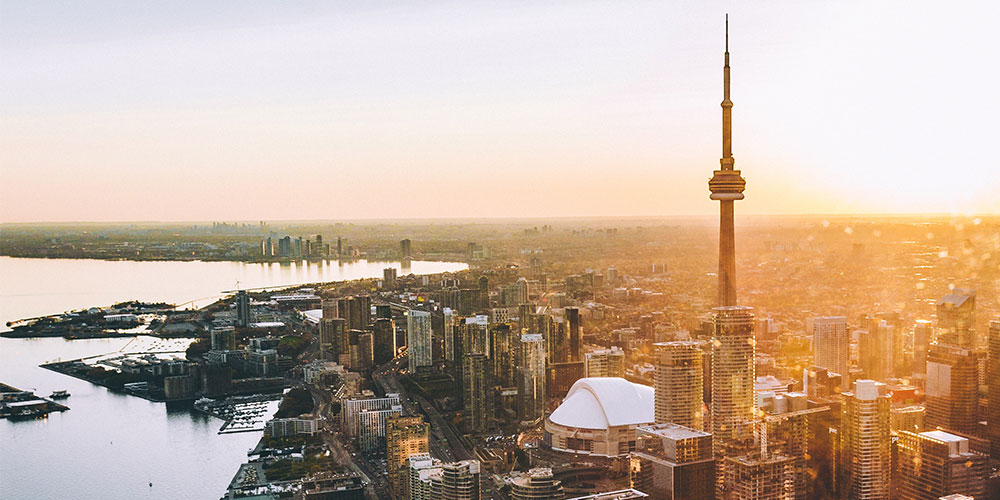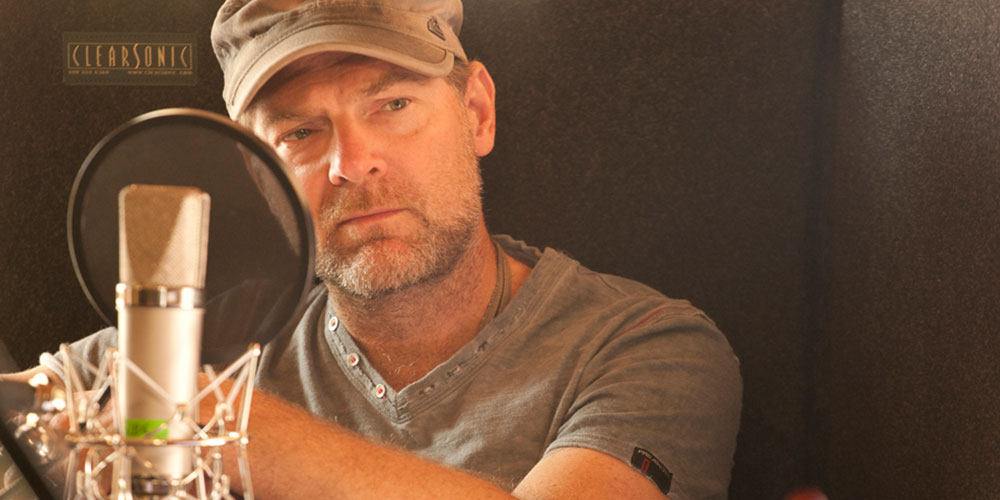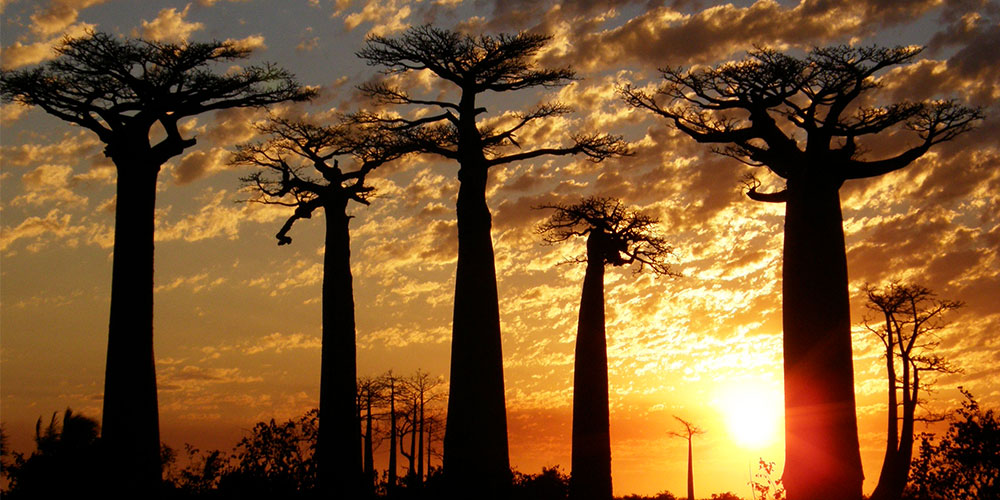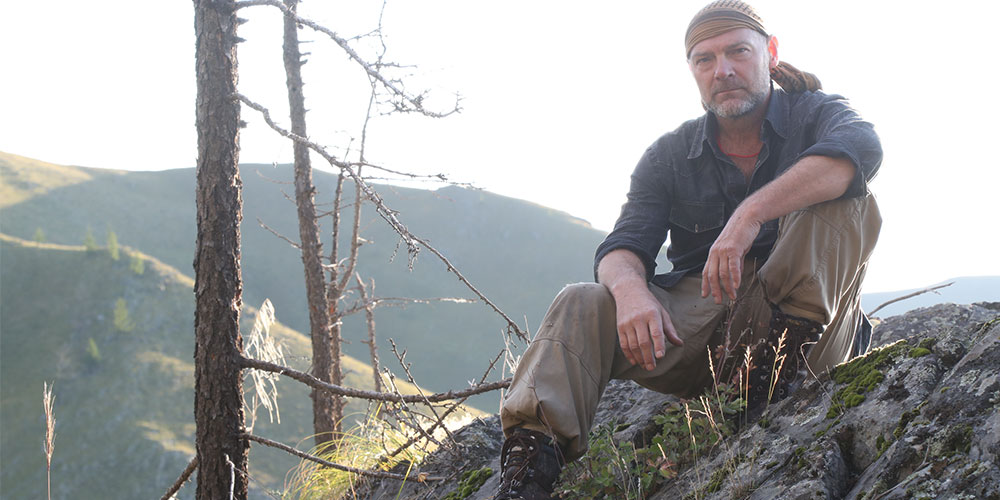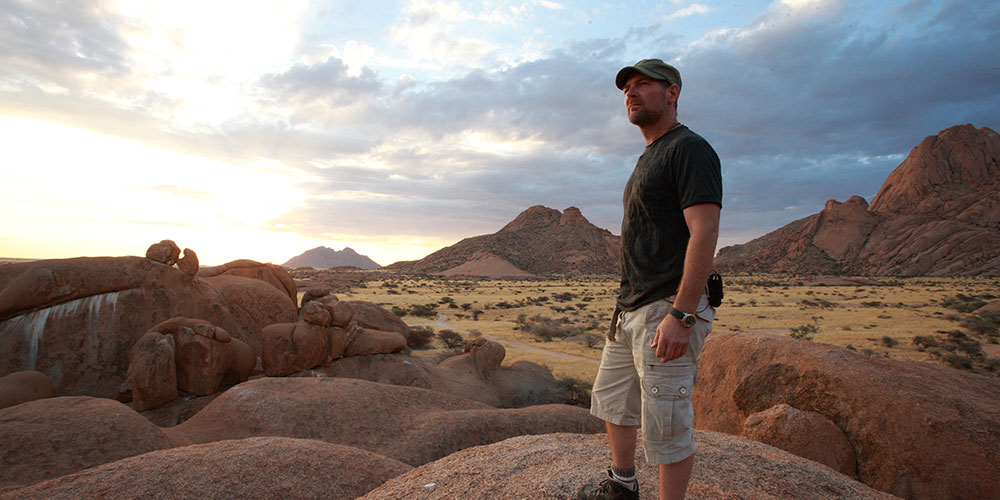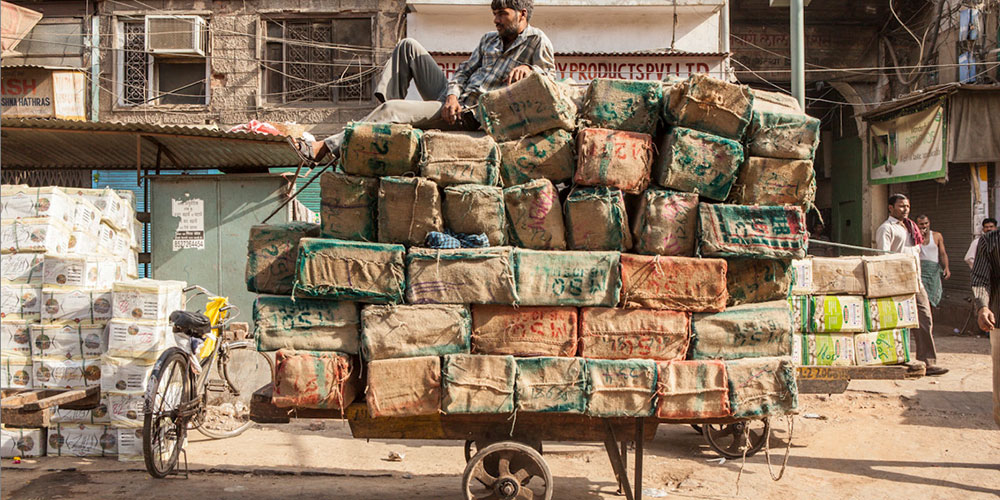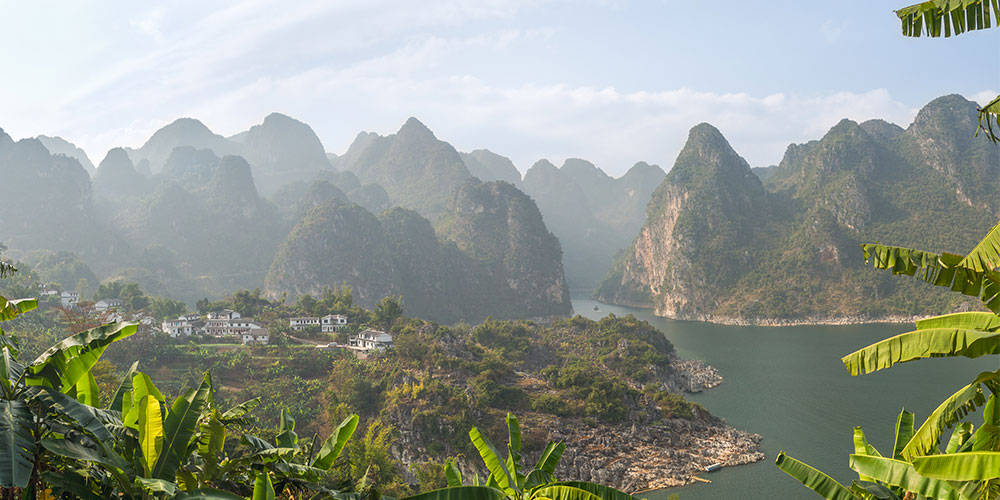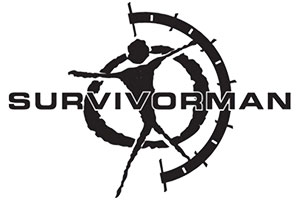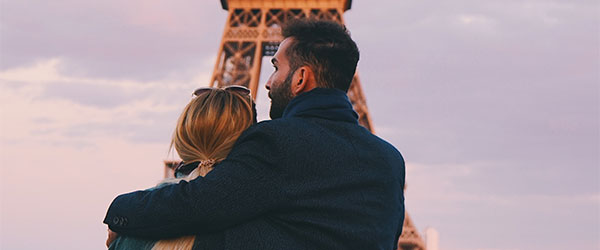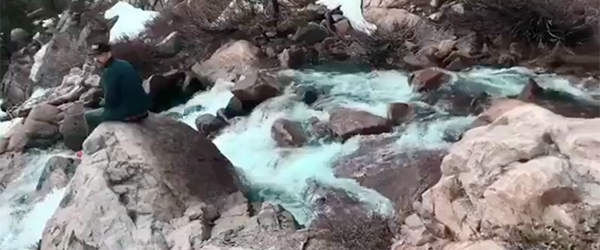When preparing for a trip, your packing list will probably include clothes, chargers, money, your passport … but, there’s something else you ...
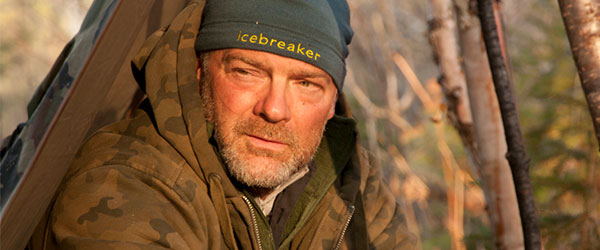
Best known as star of the 21-time Canadian Screen Awards nominated hit TV series Survivorman, Les Stroud continues to forge new pathways as a prolific, creative force. The only producer in the history of television to produce an internationally-broadcasted series entirely written, videotaped and hosted alone, Stroud is credited with starting the new genre of television known as “Survival TV.”
Also a celebrated and captivating keynote speaker, musician and author, Stroud has made television appearances on Late Night with Jimmy Fallon, The Ellen DeGeneres Show, MTV Live, The View, Larry King Live and more. His latest musical endeavor, ‘Bittern Lake,’ was released in early June and features covers of Bruce Cockburn and Joni Mitchell. Be sure to check out ‘How Long’ from the release embedded below.
— — —
Mehnaz Ladha: Kicking it off with your hometown area of Toronto, Canada, what really stands out and makes it special to you? Where would you send a first-time visitor to get a real sense of the surrounding area?
Les Stroud: The best part about Toronto is being there during April, May and the first part of June. It’s really unbeatable at that point, in terms of the weather. It’s full of phenomenal restaurants. It’s also devoted a good amount of energy to having an excellent waterfront. It’s really pretty spectacular when visiting during the spring months. If somebody wanted to get outside and enjoy that, I would send them down to Sunnyside Park to get a great glimpse of what Toronto is like in the spring.
ML: Among all your titles and accolades, you are first and foremost described as a survival expert. What initially drew you to the wild and the survival lifestyle? Did you receive any type of formal training or did you just dive right in?
LS: I was influenced heavily during my early years by watching Jacques Cousteau and Tarzan movies. Having that passion and love for nature really got in my soul. Why I have that passion and love, I don’t know. I just do, and it’s very strong. I used to go to our cottage in Bracebridge, Ontario and really enjoyed getting out in the bush, playing, pretending and even building shelters. It wasn’t until my mid-20s that I dove right in and started taking every single course I could find on survival – adventuring, canoeing, sea sledding and every other outdoor adventure there was.
READ MORE: Travel Profile: WAFIA
ML: I imagine survival situations can take a toll on you, not just physically, but also mentally. So, how did you deal with it mentally?
LS: I didn’t have to deal with it mentally, because what it was was an incredible escape from trying to be a musician. I was a very successful musician, but in the process of being a musician in Toronto during the mid-80s, I was disillusioned by what was happening at the time. So, I wanted a break from focusing on music, which I had been for 10 years from the age of 14-24. Adventuring is not something you have to deal with, but is something you simply truly enjoy.
ML: What has been the most challenging survival experience yet?
LS: In terms of physicality, it’s the cold. Dealing with cold is very, very tough. You have to constantly survive. It’s a very busy survival. You can relax when it’s 70 degrees, but you cannot relax when it’s minus-20.
The other part of it, the psychology of being alone, is extremely challenging in survival cases. Since I’ve done a lot of my survival alone, that challenge is always there. It never goes away. You never get a break from feeling lonely.
ML: Most people search for luxury or an all-inclusive resort for their vacations, but far fewer rough it and get deep into nature. What benefits do you think a more nature-centric getaway provides?
LS: The whole focus of my career, both in film and now in music, is to reconnect people to nature. Without that connection to nature there’s a lot of lost hope. You cannot get that connection eating at a buffet line and going to the resort show. I’m not suggesting that entertainment isn’t fun, nice or that it isn’t great being in community atmospheres like that. I’m suggesting that what you also need in your life is to get beside a tree.
I don’t care if it’s a park down the street, or if you are flying down to Madagascar and going out there. Either way, just getting out into nature makes you stronger, healthier and more sharper-witted. You’re able to handle the stresses of life much better if you could just get even 10 minutes a day in some kind of nature. Outdoor and wilderness adventures are like getting infused with an incredible amount of super-good vitamins.
ML: This kind of ties into the theory of how vitamins aren’t needed so much given that we can find what we need in our surroundings.
LS: Exactly. I wouldn’t suggest that we shouldn’t ingest the right ingredients for our bodies, but if you get out in nature, you reduce the need for that tremendously. The scientific proof behind what nature does for the human body and mind is on the books. It’s peer-reviewed, so it’s not new-age kind of stuff. It’s the reality that if you want to feel better, stronger and smarter, do better in your life and solve some issues, but get out in nature too.
READ MORE: Travel Profile: Reuben Styles of Peking Duk
ML: For many, your story inspires them to venture out into the wilderness. What’s the most valuable piece of advice you would give to someone getting started with survival?
LS: To not fear it, to become calm and to learn well. The thing about getting out in nature, if you’re going to adventure beyond a gentle hike, is good training is essential. You wouldn’t watch an Olympic ski jumper on TV strap on a pair of skis the next day having never skied before and go to the top of a jump. You would train first. So, if you are going to get into high-end adventuring and canoeing, then you want some training or teaching. Or, you want to go out with someone who is very good at it. So, learn well, but I also don’t want to make it out of reach for people. The reality is, that just getting down to their local nature area and starting a hikde there will instill within them a spirit to go beyond that trail and go further
ML: The internationally acclaimed show, Survivorman, puts you in a unique survival situation with little to no food and water. So, what makes Survivorman unique compared to other survival-type shows? Did you anticipate the fame and success that would follow?
LS: The uniqueness is easy. It’s the only one that’s real. When Survivorman hit, I was pressured a lot to cheat the show by sleeping in hotels and take a crew with me to build my shelters. The reason was simple. The networks wanted quantity to make money. But, what I do will always be for real. What that means is that I can’t crank out 30 episodes in a season. They needed that to make a lot of money and so all of the other shows came on the heels of that. Even when producers tried to do what I did, they couldn’t and it wasn’t financially viable, so they simply staged everything. That includes every show you have ever seen out there.
I would say that some shows have recently come along where people are truly suffering, but they’re not suffering in a realistic-wilderness sense. They’re suffering because the producers have created some kind of storyline. They’ve crafted some kind of staging to watch the people suffer more. This is just reality-TV-rubberneck viewing. That’s what makes my show vastly different. When I started Survivorman, my goal was twofold: to teach wilderness skills and get people out in nature. All the other shows’ goals were to get big ratings and sell a lot. So, I only really wanted to teach these great skills and I thought I was making an instructional series. When it went worldwide, I didn’t expect that to happen at all and I certainly didn’t expect an industry worth millions of dollars to spin off of Survivorman.
ML: That’s incredible! By means of Survivorman, you have been able to travel to far-off places around the world. If you had to choose, what are your top three destinations you have filmed in for the show?
LS: Oh, that’s easy. The high Canadian Arctic, the Utah Canyon Lands and the High Andes of Peru. They are jaw-dropping. I had a joke where I would say that I could throw my camera on the ground and it’s going to get a good angle. I will say that those are my top three, but the Amazon also has a special place in my heart because I love jungles.
ML: Through your show and your books as well, you have managed to deromanticize survival and provide your fans with valuable skills and tactics to endure any corner of the globe. How did writing about survival come about?
READ MORE: Travel Profile: NERVO
LS: Just when I started to create Survivorman, I wanted to cut to the chase. I didn’t want to be melodramatic and sensationalize it. I wanted to teach these things and teach them well. I created realistic scenarios and filmed them. There are a lot of books out there that have not only plagiarized each other, but there’s a lot of extra page space taken up with skills and instruction that do not work in the real world of survival.
For example, most of these books have many pages with line drawings of edible plants. You cannot teach an edible plant with a line drawing or photograph in a book. You must get out there with a proper teacher. You could stand there with the book in your hand looking at two similar plants that are almost the same but actually different, trying to figure out which one is edible and which one is poisonous. You can’t do it with a book.
So, in my book, I put very few drawings of very recognizable plants. Other than that, I left all of that out. I cut to the chase in writing about survival for my manual, Survive! After that, my book Will to Live was about taking a look at my ten favorite stories of survival experiences and dissecting them.
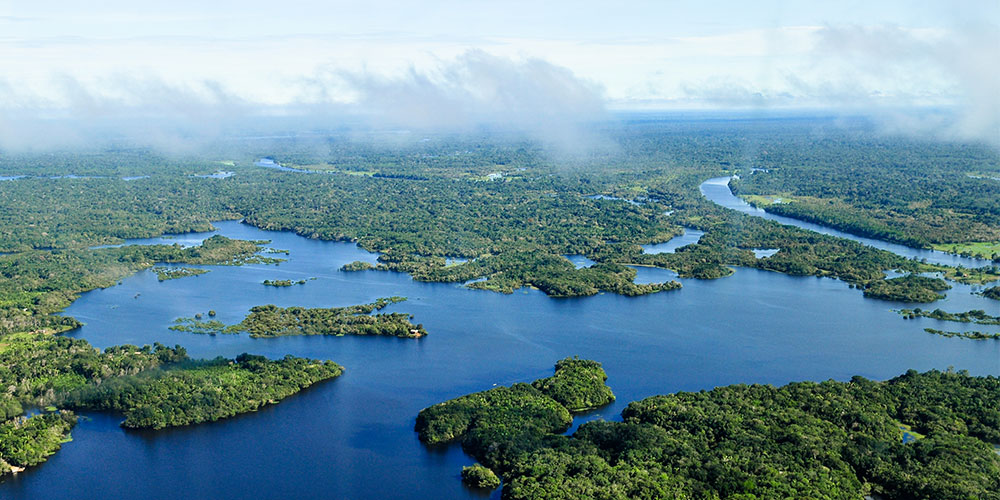 © CIFOR
© CIFOR
ML: While you have made a powerful name for yourself in the role of documentary filmmaking, you have been writing music for much longer. What was your first real exposure to music? How did you get inspired to create your own?
LS: We had a music teacher that made us study “Goodbye Yellow Brick Road” in grade eight. That changed everything for me. After that, I really wanted to be a writer in rock and roll. That’s why my life has always been a parallel set of tracks, one of which is music and the other being nature. All of the music that I do is the same as what I did with Survivorman, or at least a lot of my lyrical work is about nature.
ML: ‘Bittern Lake,’ a compilation of originals and covers of Bruce Cockburn and Joni Mitchell classics, released in early June. Describe the inspiration and excitement behind the release.
LS: I have been recording CDs old-school style for a couple of years. This is my fifth CD. That means that I bring all the musicians into one room at one time and we all record together without overdubs. It’s very old school as I like to say. My producer is a man name Mike Clink. He is legendary in the world of rock and roll, as he has produced all the Guns N’ Roses albums. He loved my idea of recording live off the floor, so we got together to record ‘Bittern Lake’ and we wanted, as it is with my philosophies in life, to focus the album on celebrating nature and calls to action to protect nature. My original four albums included a lot of love songs and socially-conscious songs. We had the whole band recording in a house that’s on the water right in nature and the songs are about nature. We also chose to include cover songs that we thought were iconic in the realm of nature.
ML: In what ways does your strong connection to nature inspire your creative endeavors?
LS: It’s the central core of my inspiration. It’s not that I don’t write love songs or political songs. It’s not that I don’t write novelty songs. I like writing period. But, my main muse is always nature. It’s where I’m most driven. I suppose if I spent a lot of time in a city, that’s what I’d be writing about. When I travel, I certainly do. I certainly write about my relationships, but it doesn’t feel contrived in any way to be so focused in nature. It just feels like the perfect natural extension of my soul.
READ MORE: Travel Profile: Sean Danielsen of Smile Empty Soul
ML: You’ve had an incredible career balancing your passion for nature, music, filmmaking and writing. Would you do anything differently?
LS: The biggest regret I have is that I didn’t start sooner. In the absence of good mentorship and leadership, I spent the first 30 years of my life just trying to figure things out and get a handle on how to do what I wanted to do. I’m glad that I was so persistent and never gave up. But, I had to do it on my own. I’m not trying to pass the buck or blame, we all got our own lives. Without a mentor, I just didn’t know soon enough that I could have achieved so much more when I was younger. I lost a lot of time in my youth to partying. I will always regret about 10 lost years of my life. If there was anything I would have done differently, it would be to start sooner.
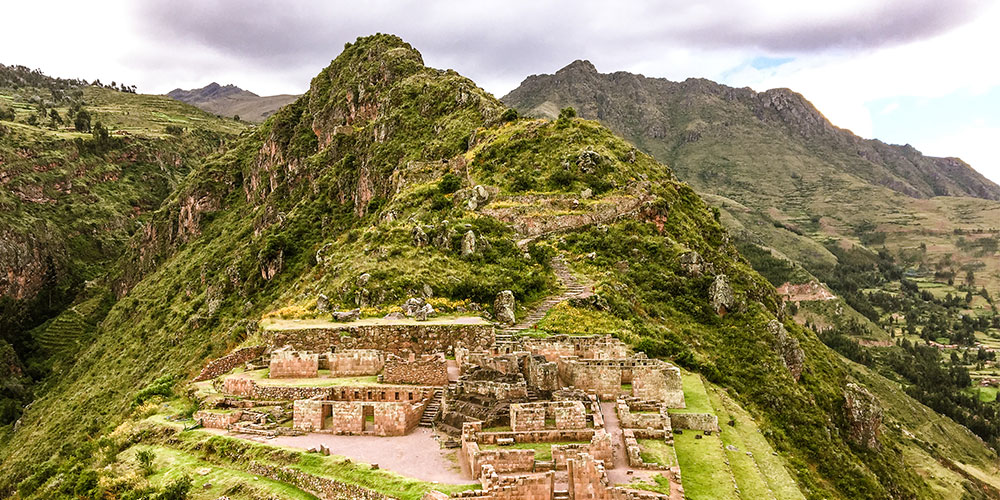 © Jan Beck
© Jan Beck
ML: One of our core objectives at SCP is to bring people together while traveling, not only to influence people to see and appreciate our beautiful world, but to also minimize cross-cultural divides. What effect does traveling, specifically surrounding music, have on humans in this regard? How has it broadened your perspective of the world?
LS: Perspective is the perfect word. For me, traveling, and certainly wilderness traveling, gives everyone exactly that – perspective. Without it, we live in bubbles. Without it, we blame everyone else. Without it, we think the world is just fine the way it is. Without perspective, we do not see, recognize and act upon the need to protect wild spaces.
The difficulty I have with extensive global travel of all stripes is the homogenization of the planet. It may surprise people that in all of the traveling that I have done, the number one fast food place I see is not McDonald’s. It’s Subway. I don’t want to have fast food that I recognize from North America in Mongolia. I believe that the homogenization of the planet is very scary and very dangerous. I’m growing to really live very excitedly for those moments where I know that I’m sitting somewhere and experiencing something that I can only experience right there and then.
For example, anyone who has traveled to Peru will probably boast about the avocado there. If you have never had the avocado there, you’re probably like it’s just avocado. But for those of us who have, it’s not just avocado when you’re in Peru. Those things to me are very exciting. I want everybody’s perspective to be broadened by travel so they recognize that they don’t want to go and eat from Subway when they’re in Madagascar. Everything will have a cultural identity that’s maintained, enjoyed and so experiential. I don’t want to have that avocado while sitting in Ontario. I only want to have it when I’m in Cusco, Peru.
That, to me, is very important. I’m seeing the homogenization of the plant and I’m seeing that plastic is everywhere, on every shoreline and in every alley. So, the pollution of the planet, you can only experience it by getting out there and traveling. Then you get that perspective and realization that plastic needs to be halted. The expansion of homogenization needs to be limited.
ML: That’s a perfect tie-in to my next question. Today more than ever, there is a strong push to eliminate plastic beginning with plastic straws. What do you envision the future of the environment given this current climate?
LS: I live with a bit of a morbid fear that we so diligently manifest our own destiny, but if our destiny is based on a movie like Bladerunner, it scares the crap out of me. That’s a very dark world and yet, it’s like we can see that happening. If you want to see a horrifying example of an apocalyptic-type city, go down into Old Delhi, India. That really woke me up to a shock of this is what it could be like and it’s not a good picture.
I have this fear that Bladerunner is around the corner. I also have this hope that rather than Bladerunner, it’s a bit more like Star Wars with massive forces on the planet that have been protected, because we recognize that they’re the lungs of the planet. That said, I just saw that China has created the largest air humidifier and it’s working. Are we supposed to be proud of this? That scares the nonsense out of me, because I don’t want to see fields of massive air humidifiers. I want to see the jungle.
ML: We like to ask well-traveled individuals like yourself if they have destinations that they haven’t been to yet, but need to see. Do you have any particular places on your list?
LS: I would love to spend some good amount of time in Nepal. The mystique of the ancient world still lingers in the local inhabitants. I want to experience the vast-treeless hiking with incredible views. There’s a magic to Nepal. I know that there’s going to be the homogenization when I land at the airport. I know that lots of people have been there, but that’s a positive thing. I believe that there are many places on the planet that although they are inundated with tourists, they are still so beautiful and worth it. Moab, Utah is worth it. The Nahanni River in Canada is worth it. Niagara Falls is worth it. I think Nepal will be like that for me. There will be plenty of people hiking, probably all North Americans, but I have a feeling that the country is still so beautiful and it’ll be worth it.
READ MORE: Travel Profile: Braden Barrie // SayWeCanFly
ML: My favorite moment when traveling, especially through touristy areas, is living in that moment of peace when you focus on the beauty in front of you and forget about all the chaos surrounding you.
LS: Exactly. What’s required to enable that is protections and number limitations. I believe it’s one-to-two years to hike the Inca Trail because of number limits. You know what, so be it. It’s better that I rather wait, and be excited on a two-year wait to hike the Inca Trail, than to get there anytime I want and be in a long stream of people, garbage and non-protection. I don’t want it to be draconian, but if the number of people wanting to go increases, then create a limitation. I’m good with waiting my turn.
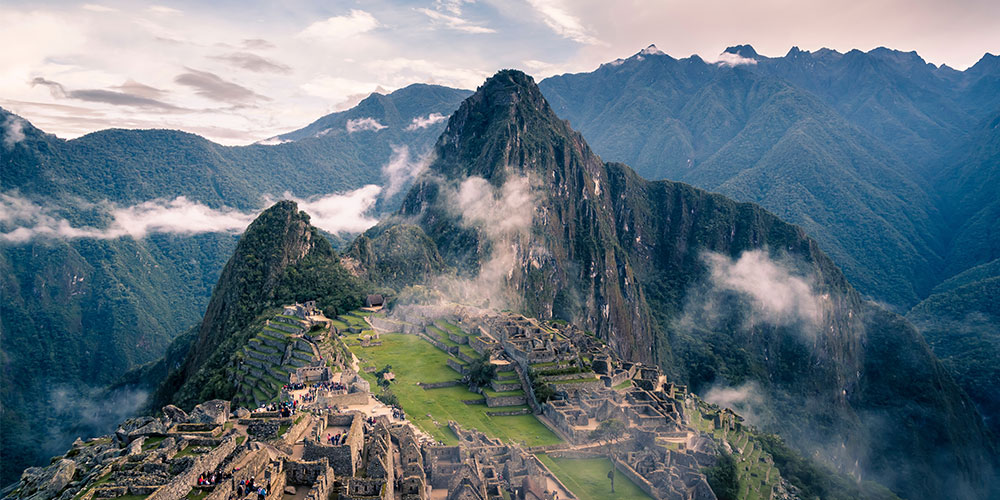 © Willan Justen de Vasconcellos
© Willan Justen de Vasconcellos
ML: Lastly, what do the next couple of months have in store for you?
LS: I have a new film I’m releasing called La Loche, a documentary feature film about the story of a school shooting in Canada in northern Saskatchewan. Bruce Cockburn has done the music with me for it. I’m also touring for my album, ‘Bittern Lake,’ so I have various tours popping up every week. I’m also talking with the networks for more survival programming and Survivorman stuff. I’m likely to be always recording new music and books. I just never stop.
— — —
For more on Les Stroud, visit his website:
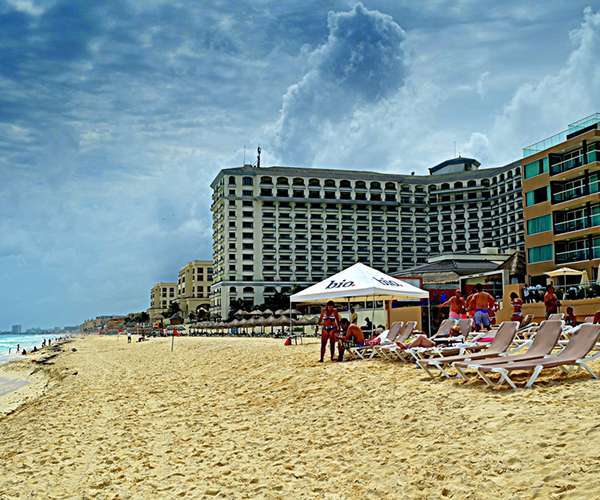

Looking to vacation like a rockstar? Think the Hard Rock brand would give travelers any other experience? Nope.
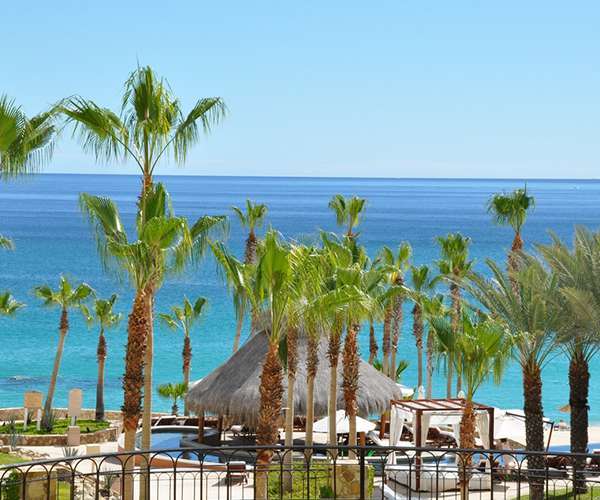

Pristine beachfront, with world-class accommodations and service are only a few of the qualities travelers can enjoy.
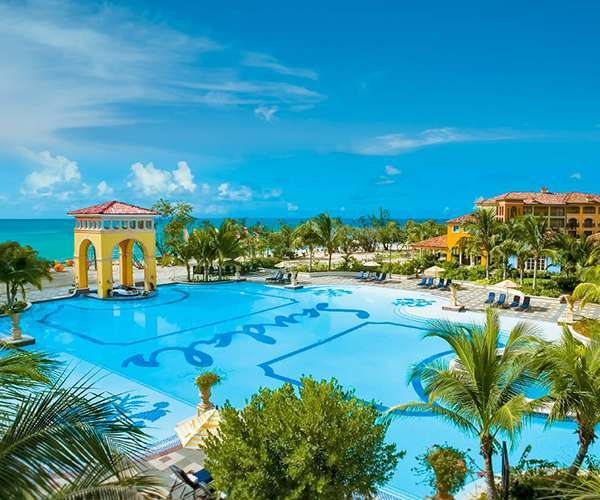

Remotely set on Jamaica's southern coast, this couples resort can provide all the alone time loved ones desire.


Contemporary decor runs throughout this modern property, quaintly nestled adjacent to Central Park.






